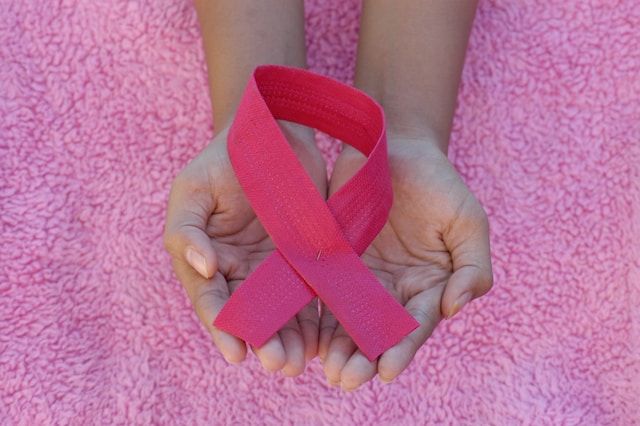.svg)


As one of the leading causes of death worldwide, cancer is a topic that concerns us all. In fact, according to the World Health Organisation, cancer accounts for one in every six deaths globally.
Cancer is an umbrella term for a large group of diseases that can affect any part of the body. Other commonly used terms are malignant tumours and neoplasms.
Cancer develops when there is uncontrolled and rapid division of abnormal cells. These mutant cells may then spread to other organs and structures in the body, such as the brain and bones. The spreading of cancer to other regions is called metastasis.
Medical research is still unravelling the specific causes of the various cancer types, but genetic mutation is the common factor that is always present. Genetic mutations can be inherited or they can develop because of DNA copying ‘mistakes’ during cell division. Therefore, factors that increase the risk of genetic mutations or decrease the body’s ability to detect and repair these errors are risk factors for cancer. For instance, around, one-third of deaths from cancer are due to smoking, obesity, lack of physical activity, alcohol consumption, and low fruit and vegetable intake. Other risk factors include:
Some people may inherit genes from their parents that increase their risk of developing certain types of cancer. For example, mutations in the BRCA1 and BRCA2 genes may significantly increase one’s risk of developing breast and ovarian cancers.
The risk of developing certain cancers increases with age. This is mainly because of the higher likelihood of cell mutations when one gets older.
Unhealthy lifestyle behaviours can significantly increase one’s risk of developing certain cancers. Smoking, for example, is the leading cause of lung cancer, and eating a diet high in ultra-processed foods and red meats increases the risk of colorectal cancer.
Chemical carcinogens (cancer-causing agents), such as asbestos, benzene, and second-hand tobacco smoke, can increase the risk of developing certain cancers. Physical carcinogens, such as prolonged exposure to sunlight, can cause skin lesions which may lead to skin cancer.
Carcinogenic infections, such as Helicobacter pylori (stomach cancer), HPV (cervical cancer), HIV (cervical cancer and Kaposi sarcoma) and hepatitis B and C viruses (liver cancer), increase one’s risk.
Cancer is a complex disease with multiple causes. While some factors, such as genetics, are beyond our control, we can manage others. Here are some ways to lower your risk:
By understanding the causes of cancer, we can make better decisions and take steps to reduce our risk.